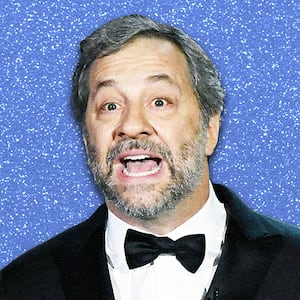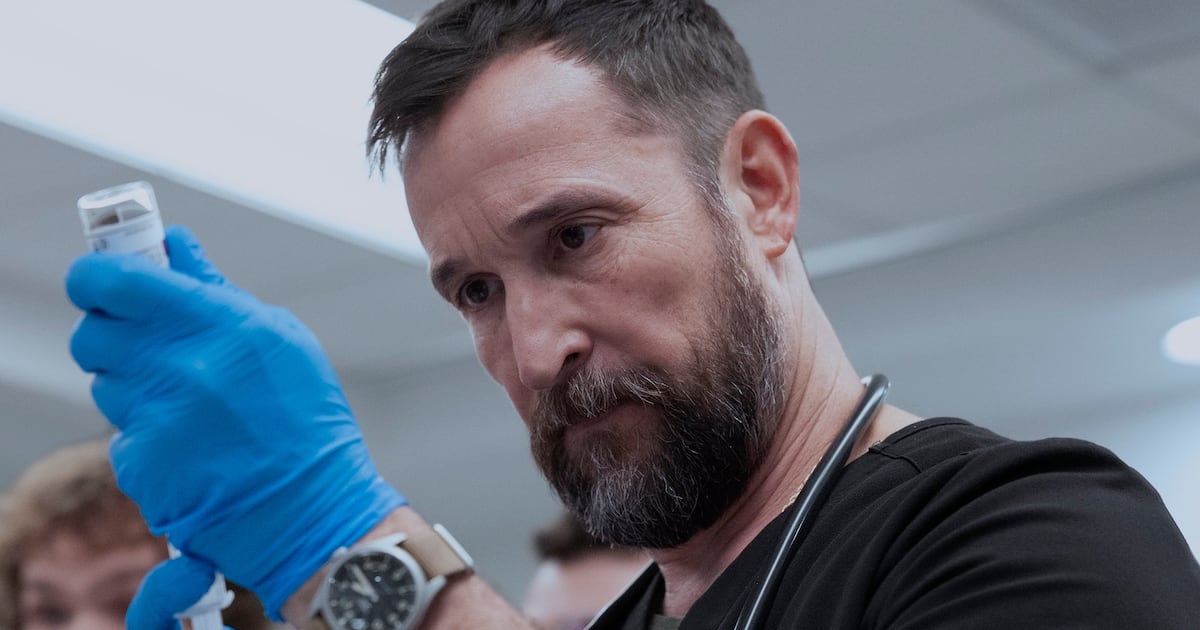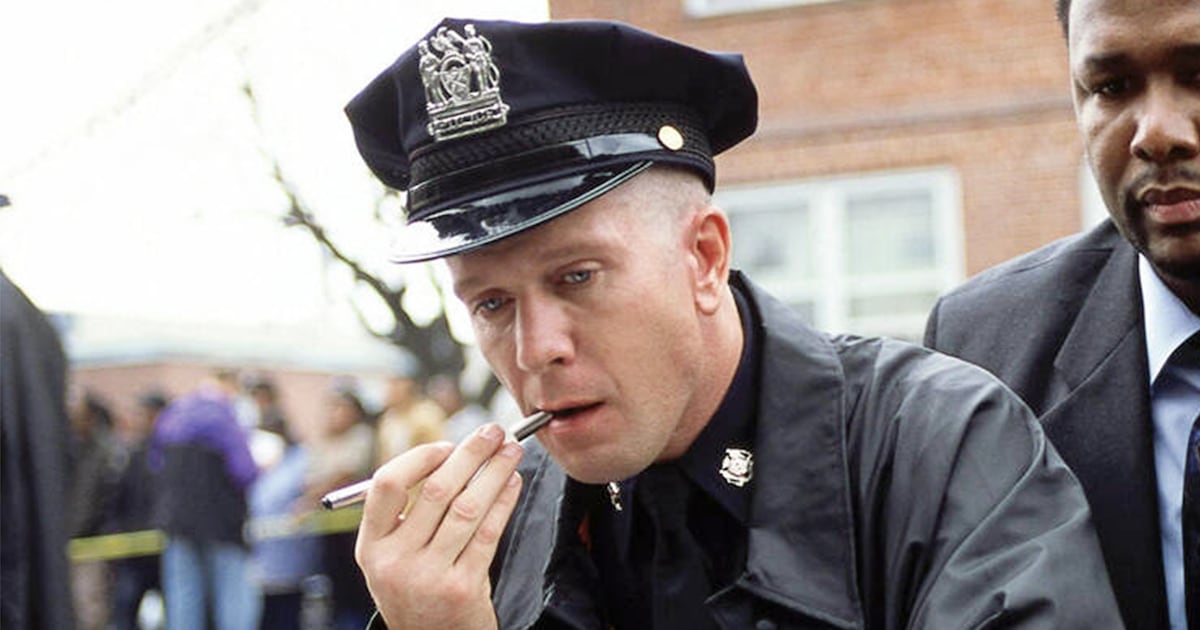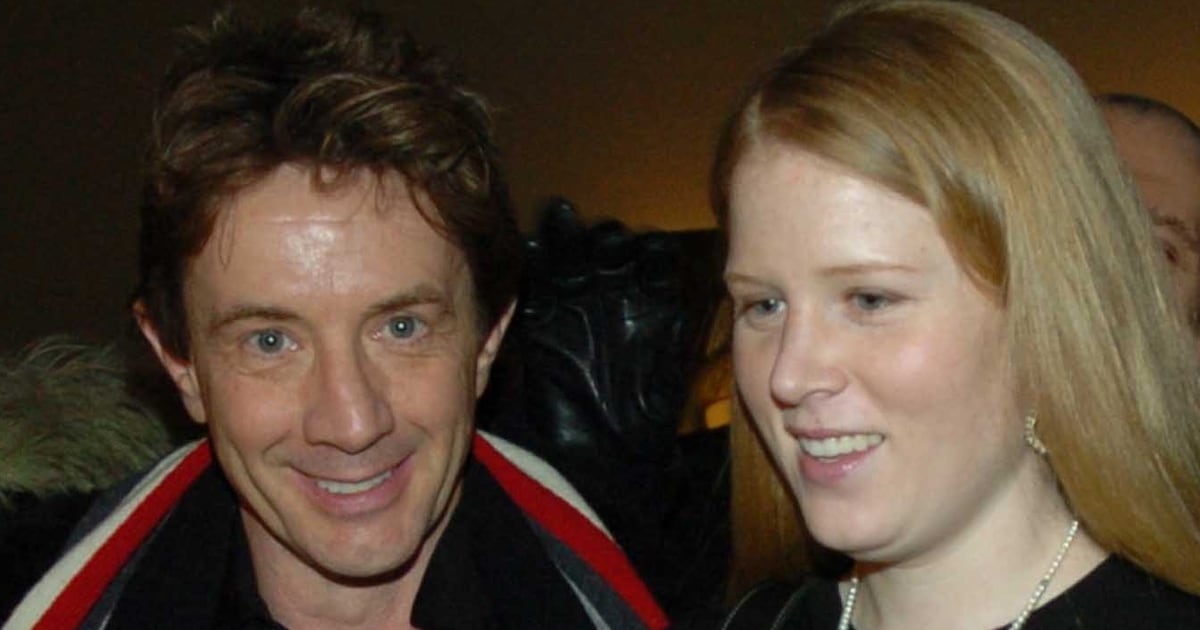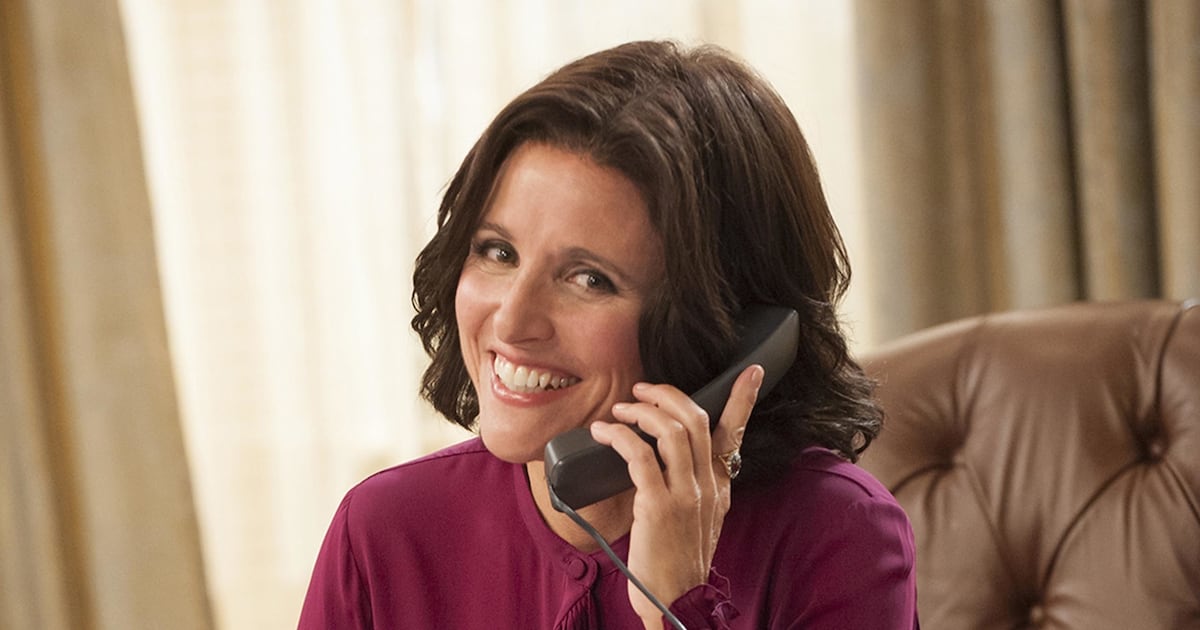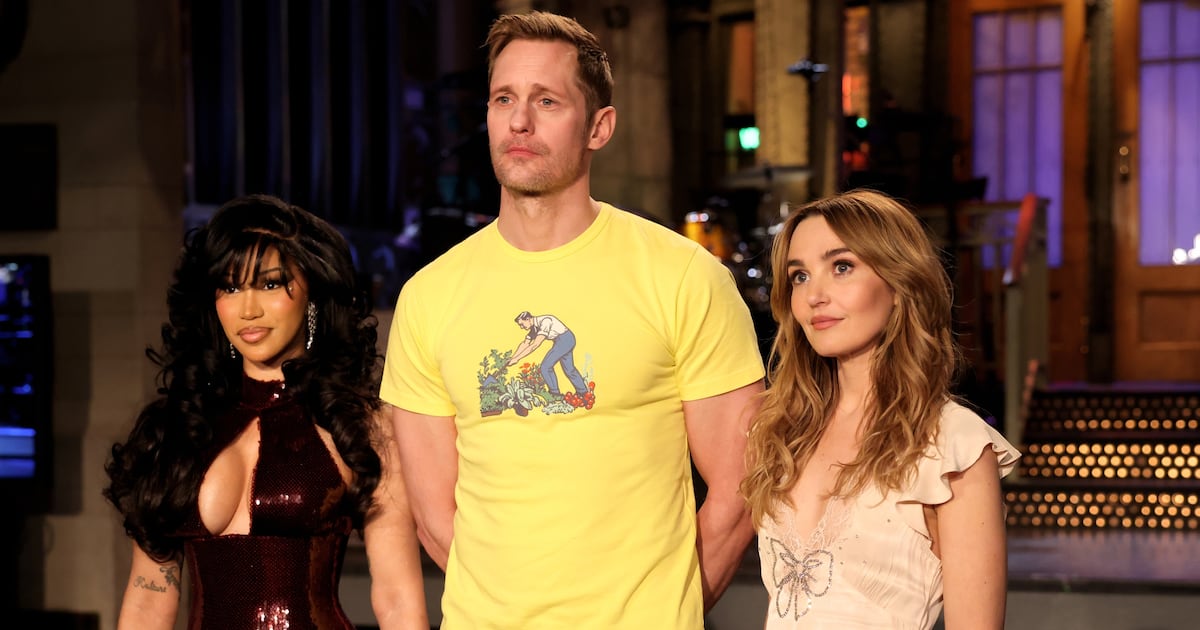The king of man-child comedy, Judd Apatow turns his attention to self-referential moviemaking spoofery with The Bubble, a limp saga (April 1, Netflix) about the disastrous birth of a would-be blockbuster.
Loosely inspired by the real-life production of Universal’s upcoming Jurassic Park: Dominion, Apatow’s latest details the creation of franchise sequel Cliff Beasts 6 during a global pandemic, which requires cast and crew to hole up in an English mansion for months on end to complete the dino-rampage project under strict quarantine guidelines. What follows is cabin fever, chaos and carnage, both on set and off. Less ever-present, alas, are actual jokes—or, rather, jokes audiences haven’t heard hundreds of times before about show business narcissism, ruthlessness, and craziness.
At a secluded English countryside estate, Carol (Karen Gillan) arrives to reprise her role as Dr. Lacey Nightingale in the sixth installment of the popular Cliff Beasts series, this after she bailed on the prior chapter in order to make a dud called Jerusalem Rising in which she played a half-Israeli, half-Palestinian heroine who was tasked with forging Middle East peace during an alien invasion. Carol’s abandonment of her Cliff Beasts pals earns her an initial reprimand from co-star Lauren (Leslie Mann), but it’s then almost immediately dropped as a plot point, as befitting a script (by Apatow and Pam Brady) that never cultivates any thread long enough to generate consistent amusement.
Joining Carol and Lauren in this sealed-off locale are Lauren’s horndog ex-husband Dustin (David Duchovny), who has scant interest in their adopted delinquent-teen son Rafael (Zander Emlano) and wants to rewrite Cliff Beasts 6 to make it more environmentally friendly; Sean (Keegan-Michael Key), who during his COVID-19 downtime decided to start a quasi-cult; Krystal (Iris Apatow), a TikTok sensation who’s there to court Gen Z viewers; and Dieter (Pedro Pascal), an actor whose primary pastimes are ingesting copious amounts of drugs and trying to hit on hotel employee Anika (Borat breakout Maria Bakalova). They’re all kept in line by ball-busting producer Gavin (Peter Serafinowicz) and dorky director Darren (Fred Armisen), both of whom report to studio chief Paula (Kate McKinnon), who chats with Gavin on Zoom from ski resorts and tropical locales that she can safely visit because—as a rich person—she’s received the vaccine months before it’s even been publicly announced.
The Bubble opens with two low-level staffers signing up for the Cliff Beasts team—Bola (Samson Kayo) and Gunther (Harry Trevaldwyn)—although Apatow doesn’t care much about the upstairs-downstairs dynamic of his scenario. Then again, it’s not exactly clear what he does care about. Lauren and Dustin are a hot mess who quickly find themselves back in each other’s arms, but their love-hate rapport is so scattershot (and ultimately dropped, due to a fatal accident that literally eliminates one of them from the picture) that it never drums up momentum. The same is true of Dieter and Anika; while the latter is intent on proving that they can be a romantic match rather than just a quick-hit fling, so little time is spent putting them in the same room together that they develop no connection. In these and other instances, Apatow ends things before he even begins them, lending the proceedings a tossed-off quality.
Most of the focus is on Carol’s mounting distaste for Cliff Beasts 6, and her attempts to cope with it by sleeping with a hunky soccer player who’s quarantining at the same hotel, and later by staging a cast revolt that promptly falls apart. There’s also some bit about the generational tension between Carol and Krystal, yet The Bubble barely has anything funny or pointed to say about its chosen issues. Instead, it exerts the majority of its energy on elaborate TikTok dances involving Krystal and her colleagues, and CGI centerpieces from Cliff Beasts 6 that are thoroughly corny, and which Apatow cuts away from to show the actors performing this same material on ridiculous-looking green screens—gags that go nowhere given that everyone already knows about the surreal artificiality of such digitally enhanced productions.
Good-natured mockery of studio filmmaking and stardom is nothing new, including from Apatow, whose Funny People is most memorable for its raft of make-believe movie posters featuring its big-screen comedian protagonist (played by Adam Sandler). And sporadically, The Bubble sharply bites the hand that feeds, as when Paula chews out Gavin, is then chewed out by her own boss (played by John Lithgow), who is then sternly talked to by his Chinese superior. Similarly, a scene involving Beck serenading the cast with a rendition of “Ladies Night”—prefaced by him stating “Thank you for fulfilling your contracts! Only 37 more days of shooting and we’ve got this one in the can!”—hilariously captures the industry’s weird art-commerce synergy. By and large, however, The Bubble’s sole idea is that actors are self-interested weirdos and dummies whose theatrical enterprises are driven by money, which is hardly an inspired starting point for hilarity.
The Bubble puts its own budget on full display throughout, yet rarely makes that a target of its satire; on the contrary, it vainly strives to elicit chuckles through sequences of running, screaming, explosions, and helicopter flights. Apatow also enlists a host of luminaries for quick cameos, including one that’s primarily via some special-effects trickery, but in virtually every case, the joke is simply that individual’s surprise participation. The fact that so many talented actors could be squandered this severely speaks less to their abilities than to a script whose characters have been imagined with, at best, a single discernible trait, and nothing approaching a uniquely off-the-wall personality. Actors may be vapid and vain, everyone in Hollywood may be desperate to hold onto whatever semblance of a career they have, and studios may now be parts of conglomerates that are run by monsters, but reiterating those well-known truths in slapdash fashion does not a memorable film make.


